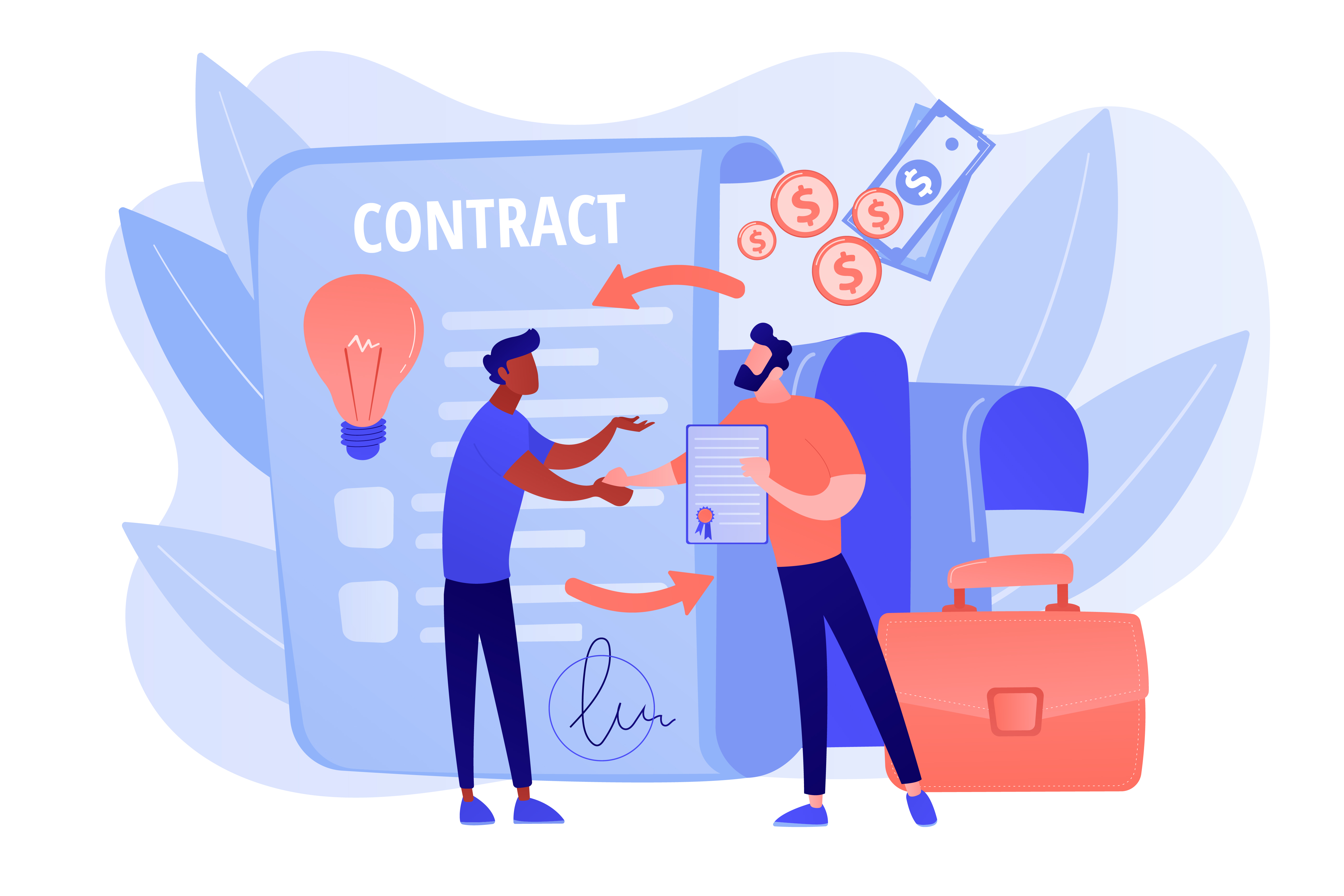Who Owns My Custom Software?
A common question that we get asked is when we build a customs software project, who owns the intellectual property (IP) of that software?
The short answer is, it depends but most of our customers who we've built software for, we have retained the IP of that software and provided a non-expiring licence. Now you might think that's an odd decision, but there are good reasons for this.
The reason most of our clients opt to have a licence over ownership is down to the simple fact that assigning software IP ownership isn't as simple as you might think, this is due to the fact that the vast majority of custom software projects will have a mix of developer-created and third-party software.
Developer-created software refers to the software code and other elements created by us, the software developer, that is specific to the bespoke software project. This can include custom code, software libraries, and other elements that are unique to the project.
Third-party software, on the other hand, refers to software code and other elements that are owned by a third party and licensed to the developer for use in the bespoke software project. This can include open-source software libraries, commercial software components, and other elements that are not created specifically for the project.
The key reason for using these third-party software libraries is they drastically speed up development, which in turn keeps the cost down.
This however causes a problem when it comes to assigning IP, as the question of who owns the IP for the developer-created and the third-party software can become complex. The developer may own the IP for the developer-created software, but will only have a license to use the third-party software and not ownership of it, which of course means they can't transfer the ownership.
It's also worth mentioning that some open-source licenses include copyleft terms, which require any derivative work made from the licensed software also to be released under the same open-source license and mudding the waters further.
So in order to ensure that the IP for a custom software project is properly assigned, we as the developer and our customer have a clear understanding of the IP ownership and usage for both the developer-created software and the third-party software. This can only really be done through a detailed IP assignment agreement that outlines the terms and conditions for each type of software used in the project, which means solicitor involvement and typically considerable additional costs.
As a software house that mainly focuses on dealing with small and medium-sized businesses, most of our customers appreciate their budget is best spent on the development of the software, rather than on legal costs. This is why we offer the licencing option, which gives our customers the right to do almost anything they want with the software within their own business and avoid having to get into the legal weeds.
